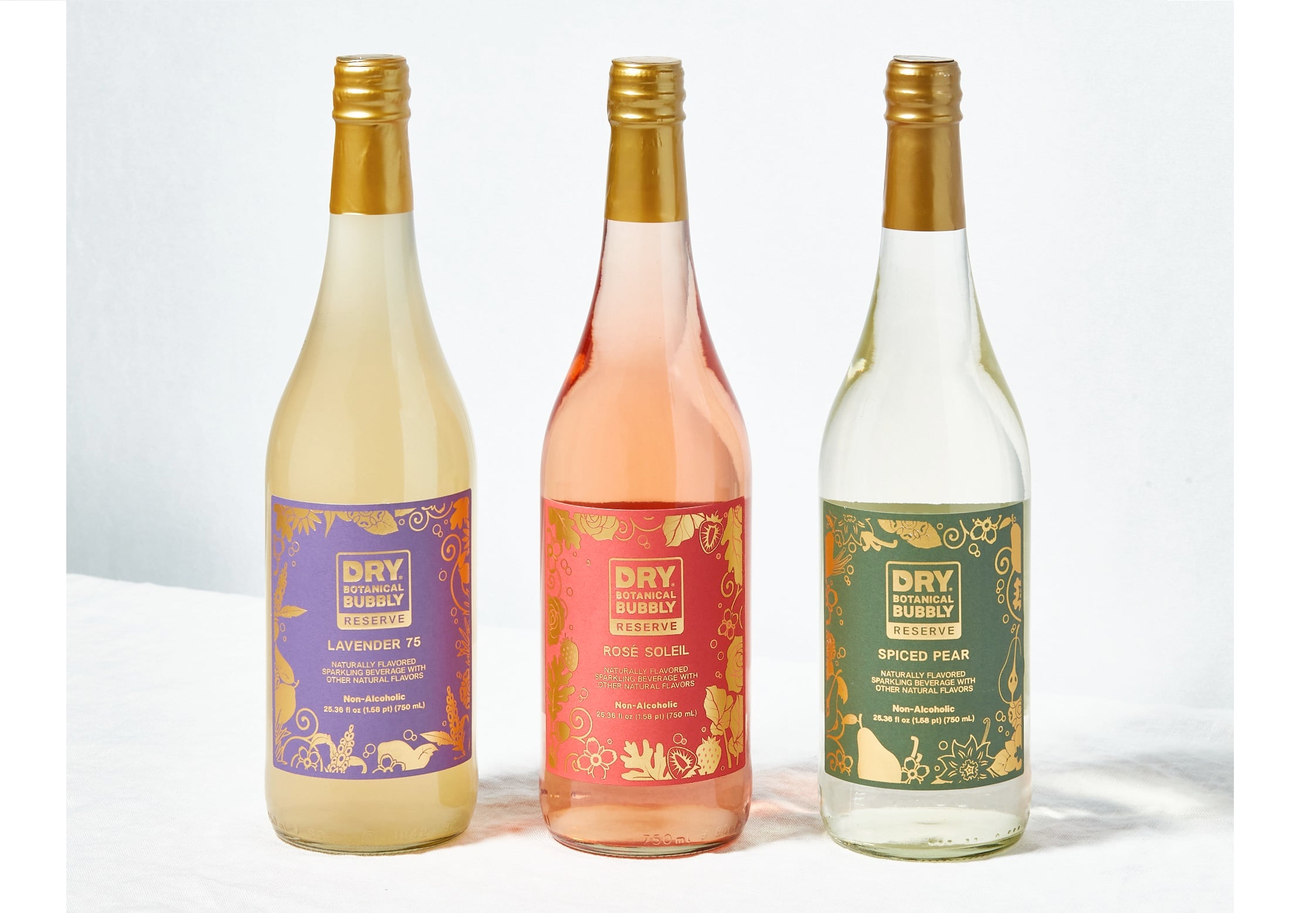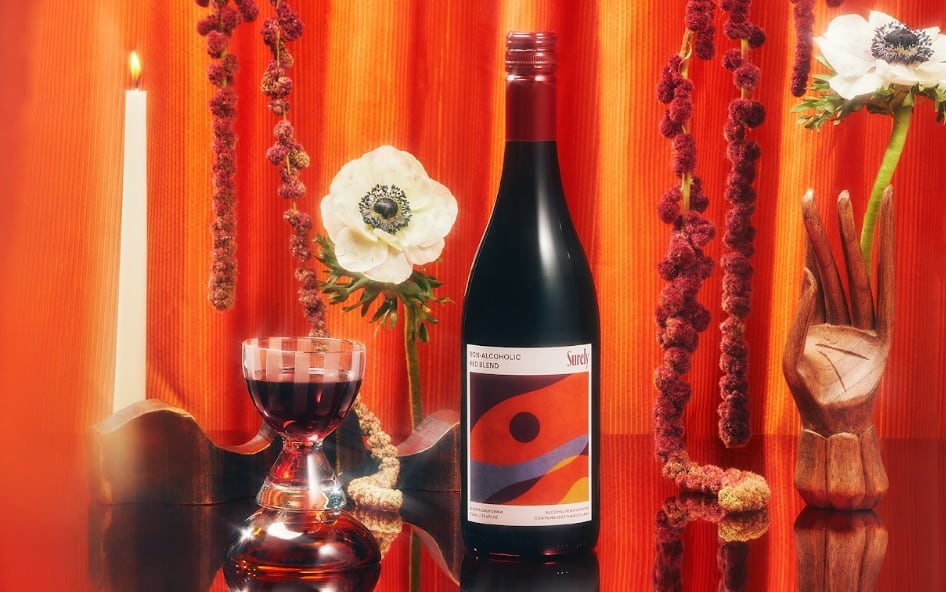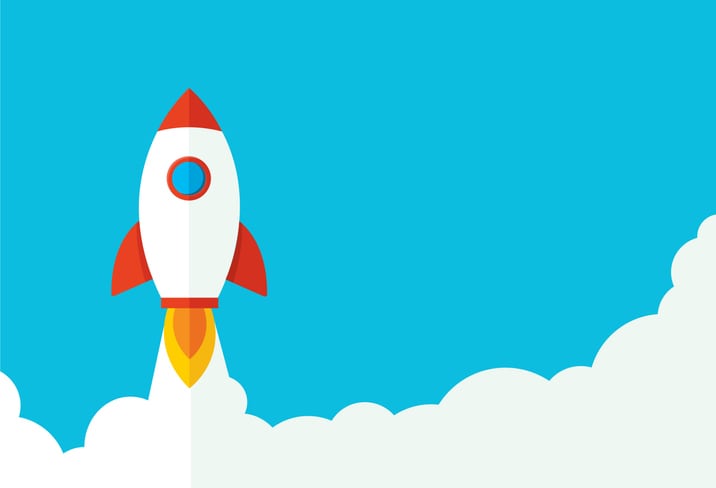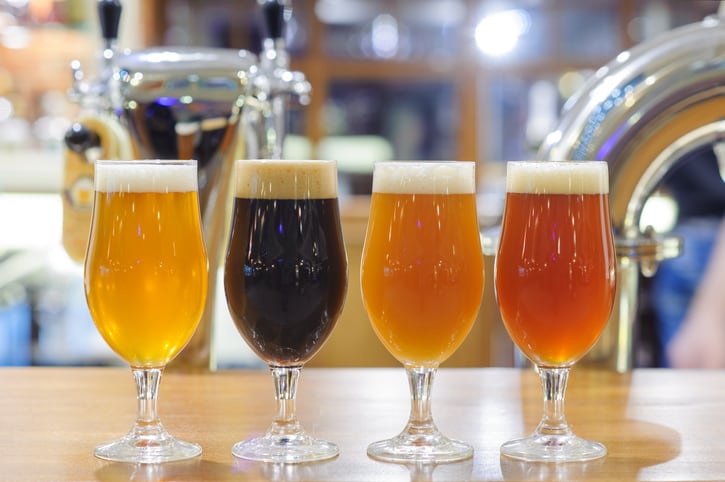Dating back to her four pregnancies, Sharelle founded DRY Soda Co. because she had stopped drinking alcohol and was disappointed in the lack of zero-proof beverages. She’s now delighted to see a growing range of products and choice: including her range of ready-to-drink 'botanically bubbly' in bottles and cans.
Introduce us to Dry Soda Co!
DRY Soda Co.’s lineup of sophisticated, non-alcoholic beverages have an elevated flavor profile, designed to be paired with food or enjoyed on their own. On a mission to cultivate social drinking for all, DRY’s chic, zero-proof beverages foster inclusion in social gatherings regardless of one’s participation in drinking culture.
Over the past 18 years, DRY has sold more than 100 million bottles and cans and is expanding more than ever: from partnering with retailers like CVS to create adult non-alcoholic sections in-store to investing in alcohol-free bars.
Who’s your target market?
Our target market is anyone who is sober, sober-curious, or simply trying to drink less. Throughout the past few years, we’ve seen more and more people exploring a “damp” lifestyle to improve physical and mental health. In particular, millennials and Gen Z have been driving this shift in the way we approach drinking.
Dry was founded in 2005, so you’ve been in the game a lot longer than many other alcohol-free brands. How has the market in the US changed over this time?
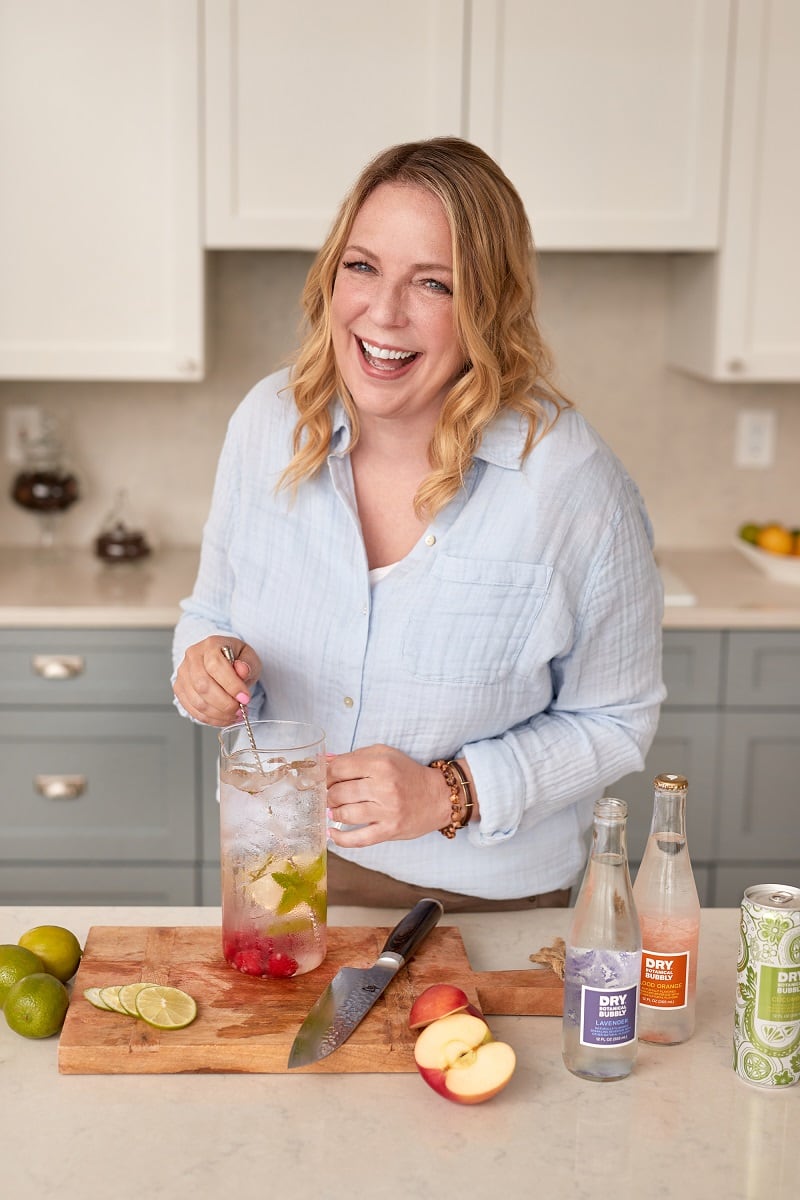
When I founded DRY in 2005, I was pioneering not only a new brand but an entirely new category: adult non-alcoholic beverages. Today, it’s the fastest growing beverage category globally!
We’re thrilled to see that there are so many more options for people who are looking for interesting alternatives to alcohol.
In recent years, we’ve seen quite an uptick in people putting a great emphasis on bettering both their physical and mental health.
The enormous boom we are seeing in alcohol-free products in the U.S. markets reflects this shift.
Consumers are seeking out non-alcoholic, elevated beverage options that mirror this emphasis on wellness, and brands are listening.
How has your brand evolved over the years?
When DRY was founded 18 years ago, it was one of the first brands to market itself as an alternative to alcohol.
There wasn’t a profound non-alcoholic category, or other brands really, marketing themselves like we were.
That said, we’ve had to strategically refocus as the category has grown and evolved.
When DRY was founded, there was no shelf space in grocery stores for non-alcoholic beverages.
The only place for DRY on shelves was next to soda. In 2022 we made the decision to pull our bottles off grocery shelves where DRY was placed in the soda aisle.
Since its inception, DRY was never intended to be a healthier alternative to soda, it was to be a sophisticated, alcohol-free alternative.
As the sober curious movement has evolved, retailers have begun building NA sets in the alcohol and spirits aisles.
This shelf space that didn’t exist 18 years ago is where DRY belongs today!
What are the highs - and lows - of being an entrepreneur?
Throughout my career, I’ve been determined to run DRY my way. For me, that means managing my team, conducting meetings, and managing operations from remote national parks and international destinations.
After decades of working from our corporate offices and conference tables, I began feeling creatively stunted and needed a change of scenery. Over the past year, I’ve run DRY out of my van, in the desert of California, the beaches of Texas, and in the depths of Mississippi. DRY’s even gone international this year! I just recently finished building a home in Costa Rica, so I’ve been running DRY in the jungle.
Over the past 18 years, there have been many challenges and difficult decisions I’ve had to face. About six months after I had launched DRY, was approached by a family fund investor. We had spent months negotiating and had come to a deal, so I went ahead with my plan to hire a PR Strategist, Sales Director, and CMO.
Unfortunately, just hours before signing the investment paperwork and receiving the funds, I received a call from the investor letting me know they were having second thoughts about the valuation – they wanted to lower it. I felt so conflicted knowing I had three people on my team to pay, and I needed the money to get the ground running otherwise DRY might fail. At the end of the day, I decided the walk away from the investment – I had doubts, and I needed to trust my gut.
To this day, it is still one of the most difficult decisions I have ever made, but I am confident it was the right one. My incredible team of three at the time chose to start working for DRY the following week, with the faith that I would secure financing. Just a month later, we had secured $1.5M in our Series A – double what our original investment would have been.
What does January look like for you?
Historically, we’ve seen a spike in sales due the popular lifestyle trend of Dry January. However, over the past year we’ve seen quite a boom in the sober-curious movement, with more consumers completely abstaining from alcohol or experimenting with the “damp” lifestyle. Because of this, we expect our sales to become more sustained year-round.
And what should we look out for from you in the rest of 2024?
As the zero-proof category grows, DRY remains committed to amplifying social drinking for all. Just recently, we’ve expanded the distribution of our Botanical Bubbly Reserve collection in retailers across grocery, natural food, and drug store channels including Sprouts, CVS, QFC, Market of Choice, Town & Country, Nugget Market, and Lynds & Byerlys. As we enter the New Year, we’re always looking to expand our distribution and bring DRY to more sober-conscious consumers!
In 2019 you made a strategic investment in Sans Bar, an alcohol-free bar in Austin, Texas. Why?
When we made the strategic investment and partnership with Sans Bar, we shared a mutual goal of creating meaningful connections and social options for sober communities. I truly felt a strong unity between DRY and Sans Bar, and together we worked day in and day out to bring sophisticated, refreshing non-alcoholic libations to its sober-conscious customers.
My dream when founding DRY was to create a path where you could walk into a bar, ask for a cocktail and the bartender asks, “with or without alcohol.” Now we aren’t quite there yet, but 18 years ago I couldn’t have imagined we would be partnered with an alcohol-free bar to bring our mission of social drinking for all to life.
What inspires you on your alcohol-free journey?
I have been inspired most by the consumers willingness to jump in with both feet to this dry and damp lifestyle. With this consumer demand it means companies like DRY can innovate and get really creative with new zero-proof options.
I am also excited to be a founding board member of ANBA, the Adult Non-Alcoholic Beverage Association. After so many years of being the only brand championing dry beverage options is just amazing to me that we have a whole association now championing this exploding category.
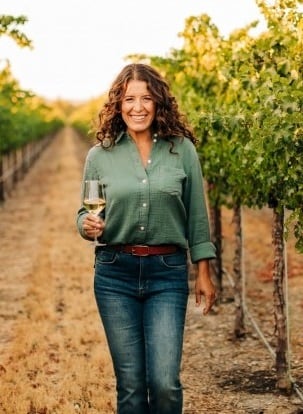
Yesterday we talked to Jessica Tomei, head winemaker for California's Cupcake Lighthearted: which offers 8% ABV wines lower in calories, alcohol and sugar.
Hear what she has to say about creating successful lower alcohol wines.

